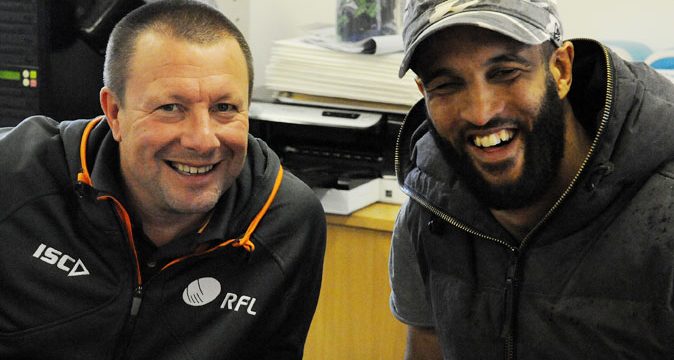 First published in Rugby League World, Issue 386 (June 2013)
“Getting it wrong is the worst feeling in the world.”
If Margaret Thatcher was the Iron Lady then Steve Ganson was definitely the Iron Ref, famous for being the one who could
First published in Rugby League World, Issue 386 (June 2013)
“Getting it wrong is the worst feeling in the world.”
If Margaret Thatcher was the Iron Lady then Steve Ganson was definitely the Iron Ref, famous for being the one who could  First published in Rugby League World, Issue 386 (June 2013)
“Getting it wrong is the worst feeling in the world.”
If Margaret Thatcher was the Iron Lady then Steve Ganson was definitely the Iron Ref, famous for being the one who could
First published in Rugby League World, Issue 386 (June 2013)
“Getting it wrong is the worst feeling in the world.”
If Margaret Thatcher was the Iron Lady then Steve Ganson was definitely the Iron Ref, famous for being the one who could This poll is no longer accepting votes
Copyright © 2025 League Publications Ltd
